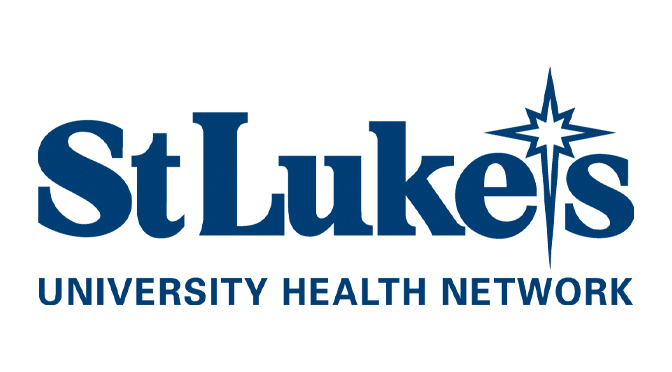|
|
St. Luke’s Emergency and Transport Service (SLETS) is now able to carry whole blood on its specialized critical care transport (CCT) ambulances.
“Our Critical Care Transport teams comprised of an experienced critical care pre-hospital registered nurse, a critical care paramedic and our highly trained EMTs are a natural fit to provide this service,” Chris Zukowski, BSN, RN, of St. Luke’s Emergency and Transport Services, said. “Having whole blood will be another tool that our team can use to save lives.”
St. Luke’s SLETS CCT whole blood program follows a recent update by the Department of Health Bureau of Emergency Medical Services to its Advanced Life Support Protocols. The update allows paramedics throughout the Commonwealth of Pennsylvania who are specially trained, credentialled and approved by their local EMS Council’s Medical Advisory Committee to carry blood and/or blood products in their ambulances.
“With whole blood readily available on the Network’s SLETS CCT ambulances, this allows the nurses and paramedics on the CCT team to quickly stabilize critically ill or injured patients who are suffering from hemorrhagic shock,” Zukowski explained.
Whole blood is valued by EMS teams because all of its components – red blood cells, white blood cells, platelets and plasma – are present. The first and most common use is for patients involved in traumatic-related incidents causing massive blood loss.
The CCT ambulances primarily transport patients between St. Luke’s University Health Network hospitals.
About St. Luke’s
Founded in 1872, St. Luke’s University Health Network (SLUHN) is a fully integrated, regional, non-profit network of more than 20,000 employees providing services at 15 campuses and 350+ outpatient sites. With annual net revenue of $3.4 billion, the Network’s service area includes 11 counties in two states: Lehigh, Northampton, Berks, Bucks, Carbon, Montgomery, Monroe, Schuylkill and Luzerne counties in Pennsylvania and Warren and Hunterdon counties in New Jersey. St. Luke’s hospitals operate the largest network of trauma centers in Pennsylvania, with the Bethlehem Campus being home to St. Luke’s Children’s Hospital.
Dedicated to advancing medical education, St. Luke’s is the preeminent teaching hospital in central-eastern Pennsylvania. In partnership with Temple University, the Network established the Lehigh Valley’s first and only four-year medical school campus. It also operates the nation’s oldest School of Nursing, established in 1884, and 52 fully accredited graduate medical educational programs with more than 500 residents and fellows. In 2022, St. Luke’s, a member of the Children’s Hospital Association, opened the Lehigh Valley’s first and only free-standing facility dedicated entirely to kids.
SLUHN is the only Lehigh Valley-based health care system to earn Medicare’s five-star ratings (the highest) for quality, efficiency and patient satisfaction. It is both a Leapfrog Group and Healthgrades Top Hospital and a Newsweek World’s Best Hospital. The Network’s flagship University Hospital has earned the 100 Top Major Teaching Hospital designation from Fortune/PINC AI 10 years in a row, including in 2023 when it was identified as THE #4 TEACHING HOSPITAL IN THE COUNTRY. In 2021, St. Luke’s was identified as one of the 15 Top Health Systems nationally. Utilizing the Epic electronic medical record (EMR) system for both inpatient and outpatient services, the Network is a multi-year recipient of the Most Wired award recognizing the breadth of the SLUHN’s information technology applications such as telehealth, online scheduling and online pricing information. The Network is also recognized as one of the state’s lowest-cost providers.
Information provided to TVL by:
Sam Kennedy







